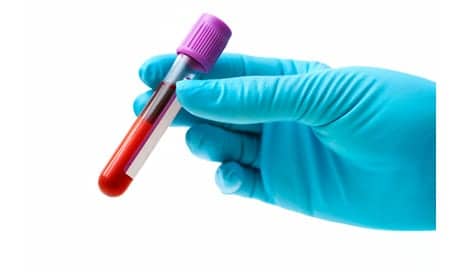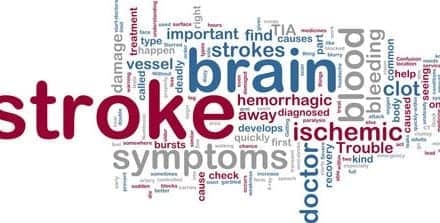A concussion biomarker detectable by a blood test may open the window for diagnosing concussion, especially in those who experience delayed onset of symptoms.
The study, published recently in JAMA Neurology, notes that researchers at Orlando Health detected a biomarker of concussion up to 7 days postinjury via a blood test, according to a media release from Orlando Health.
The biomarker, glial fibrillary acidic protein (GFAP), is found in glial cells that surround neurons in the brain. When an injury occurs, GFAP are released. Since they pass the blood-brain barrier and enter the bloodstream, they are easy to detect via a blood test.
“Not only were they present in the bloodstream, we were able to detect measurable levels of GFAP up to a week after the injury,” says Linda Papa, MD, MSC, an emergency medicine physician and NIH funded researcher at Orlando Health and lead author of the study, in the release.
According to the release, Papa and her team analyzed nearly 600 patients for 3 years. When cross-checked with scans, the blood test was able to detect mild to moderate traumatic brain lesions with up to 97% accuracy in patients 18 years and older. The blood test also indicated which patients were in need of life-saving neurosurgery.
Papa suggests that the blood test may enable lesser use of CT scans to detect concussion.
“Physicians really want to minimize the amount of CTs in patients, especially children, who are a lot more sensitive to radiation and the side effects that can come with it. Fortunately, this simple blood test appears to give us nearly the same information as a CT scan,” she states in the release.
[Source(s): Orlando Health, EurekAlert]





